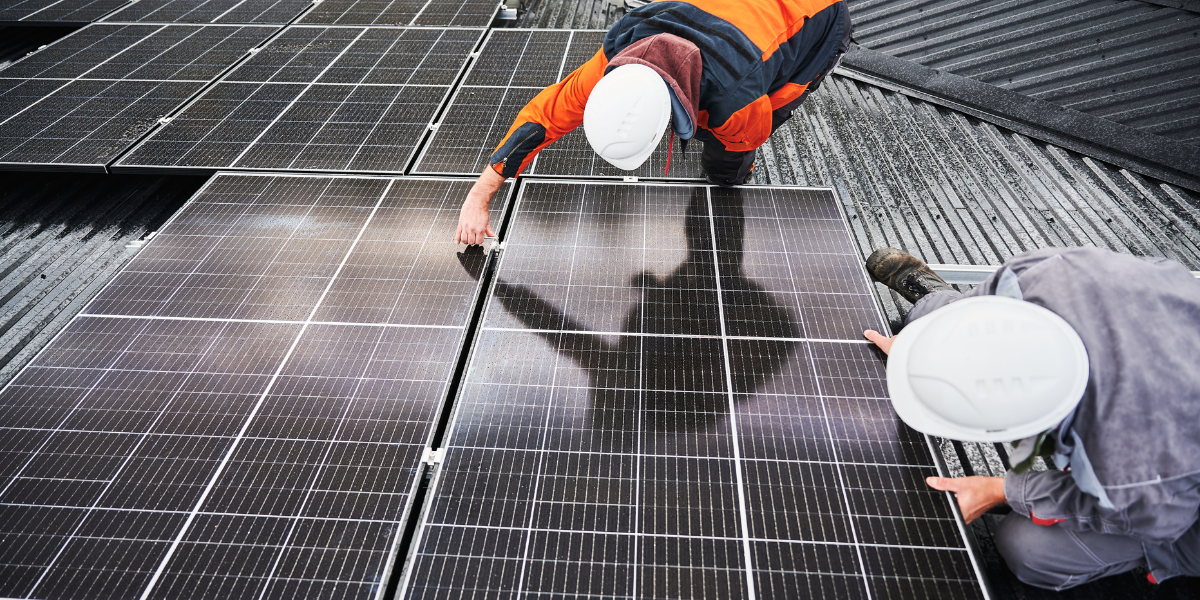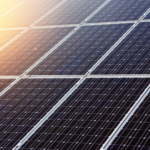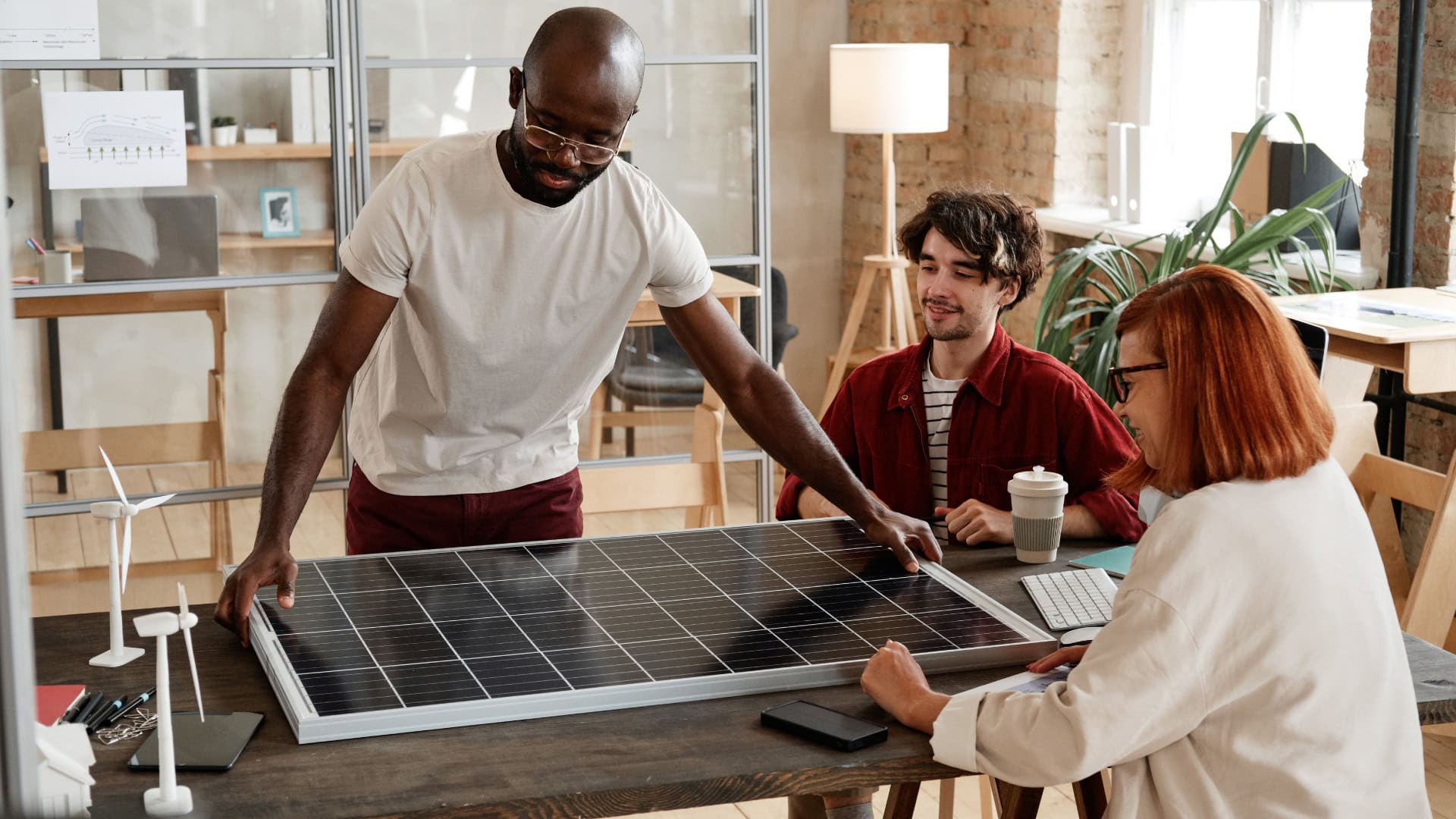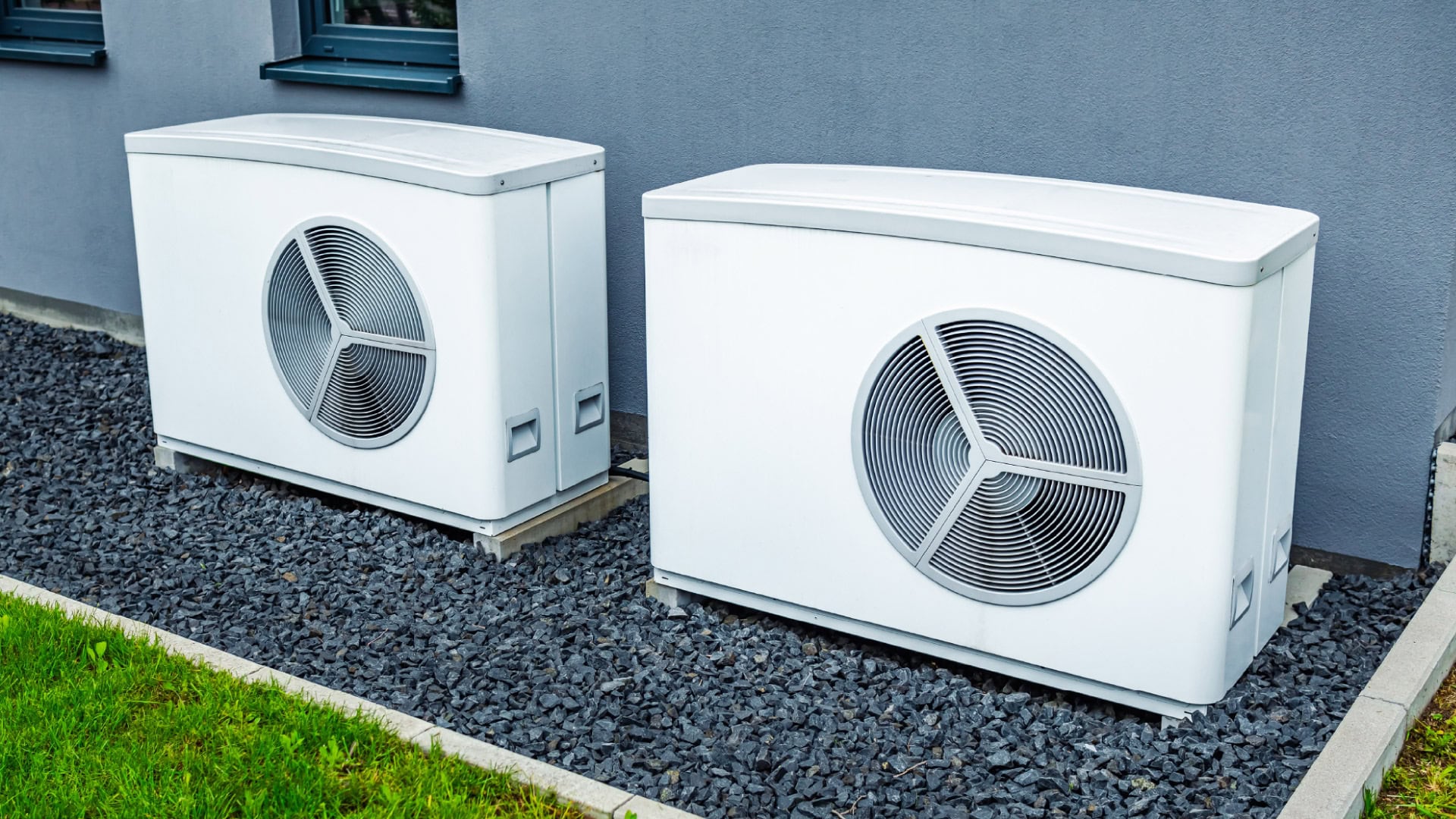As the UK continues its transition towards a greener future, solar power has become an increasingly popular option for both homeowners and businesses. With its long-term cost savings and environmental benefits, solar energy is proving to be a key player in the renewable energy revolution. But how exactly do solar panels work in the UK, given its often cloudy climate? Let’s break it down step by step.
The Basics of Solar Power
Solar panels, also known as photovoltaic (PV) panels, work by converting sunlight into electricity. Each panel is made up of numerous solar cells, which are typically composed of silicon. When sunlight hits these cells, it knocks electrons loose, generating an electrical current. This process is known as the photovoltaic effect.
In more technical terms, sunlight consists of particles called photons. When these photons hit the silicon cells in the panel, they excite the electrons within the material, causing them to move and create an electrical charge. This charge is then collected by metal conductors on the panel, forming an electric current known as direct current (DC).
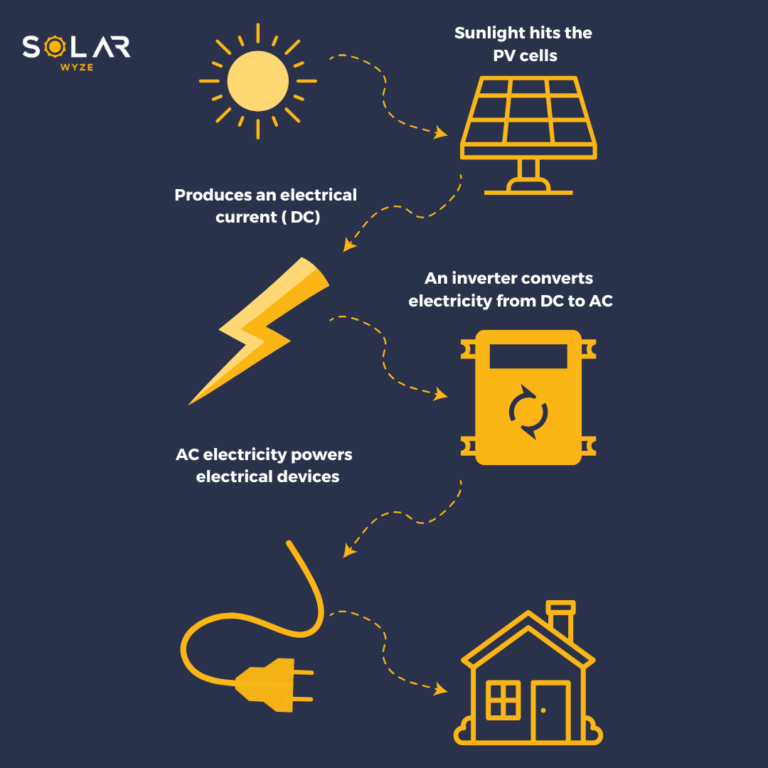
However, the electricity produced by solar panels in DC form isn’t suitable for use in most homes or businesses, which rely on alternating current (AC). This is where inverters come into play, converting DC electricity into AC electricity, which can then be used to power appliances, lighting, and other electrical devices.
Do Solar Panels Work in the UK?
One common misconception is that the UK doesn’t receive enough sunlight to make solar panels worthwhile. In fact, solar panels can still generate significant amounts of electricity even in cloudy or overcast conditions. While solar panels are most efficient in direct sunlight, they can also capture diffused light, which occurs when the sun’s rays are scattered by clouds or atmospheric particles.
The efficiency of solar panels is affected more by the angle and duration of sunlight than by the intensity. In the UK, solar panels are typically installed at an angle to maximise their exposure to sunlight throughout the day, especially in the summer months when days are longer. In winter, the days are shorter and the sun is lower in the sky, so electricity generation tends to be lower, but not negligible.
Components of a Solar PV System
Solar Panels: These are mounted on rooftops or in outdoor spaces to capture sunlight and generate electricity.
Inverter: The inverter converts the DC electricity produced by the solar panels into usable AC electricity.
Mounting System: This holds the solar panels in place, with variations according to roof style and type.
Battery Storage (optional): Some systems include batteries to store excess electricity generated during the day for use at night or during periods of low sunlight.
Grid Connection and Exporting Energy
One of the key advantages of solar panels in the UK is the ability to export excess electricity back to the national grid. The Smart Export Guarantee (SEG) allows homeowners and businesses to receive payments for surplus energy that they export. This means that even if you’re not using all the electricity your system generates, you can still benefit financially.
When your solar panels produce more electricity than you need, this surplus energy is automatically sent back to the grid. When your panels aren’t producing enough (for example, during the night), you can draw electricity from the grid as usual. The result is a highly flexible and efficient system that helps to reduce your overall electricity costs.
Benefits of Solar Panels in the UK
The main benefits of installing solar panels in the UK are twofold: environmental and financial.
Solar panels generate clean, renewable energy. By using solar power, you are reducing your reliance on fossil fuels, which are responsible for significant carbon emissions. This contributes to the UK’s broader efforts to reduce greenhouse gas emissions and combat climate change.
2. Cost Savings: Solar panels can lead to significant long-term savings on your electricity bills. While the initial installation costs may seem high, many systems pay for themselves within a few years due to reduced energy costs and SEG payments for exported energy.
Are Solar Panels Worth It?
Despite the cloudy weather, solar panels are a smart investment in the UK. With recent technological advancements, modern solar panels are highly efficient and can generate electricity even in lower light conditions. Additionally, government incentives such as the SEG make solar panels a financially viable option for many households and businesses.
In conclusion, solar panels are not only a practical solution in the UK but also a crucial component of the country’s efforts to transition to renewable energy. Whether you’re looking to reduce your carbon footprint, lower your energy bills, or contribute to a more sustainable future, installing solar panels is a step in the right direction.


